The Lilith Blog
May 1, 2018 by Amelia Dornbush
7 Jewish Feminist Ways to Celebrate May Day

Illustration by Julia Alekseyeva.
May Day is International Worker’s Day and probably the greatest holiday of all time. As has been previously been written on Lilith.org, it should also be considered a Jewish holiday. And what is a Jewish holiday without rituals to observe?
Here are 7 Extremely Jewish Feminist ways to celebrate the first of May.
1) Don’t work. It’s a chag. It’s yontiff! Join the general strike. But if the men are not doing as much labor as everyone else to prepare for the holiday, shun them all.
2) Talk your synagogue into flying a red flag. Take a picture. Tweet it at us. I know one of you can do it.
3) Publicly call out the shondas fur di goyim. The list of contenders right now is really long, so be discerning and don’t just go for the obvious choices like Ivanka and Sheldon!
- No Comments
April 30, 2018 by Rebecca Katz
Hello Anxiety, My Old Friend

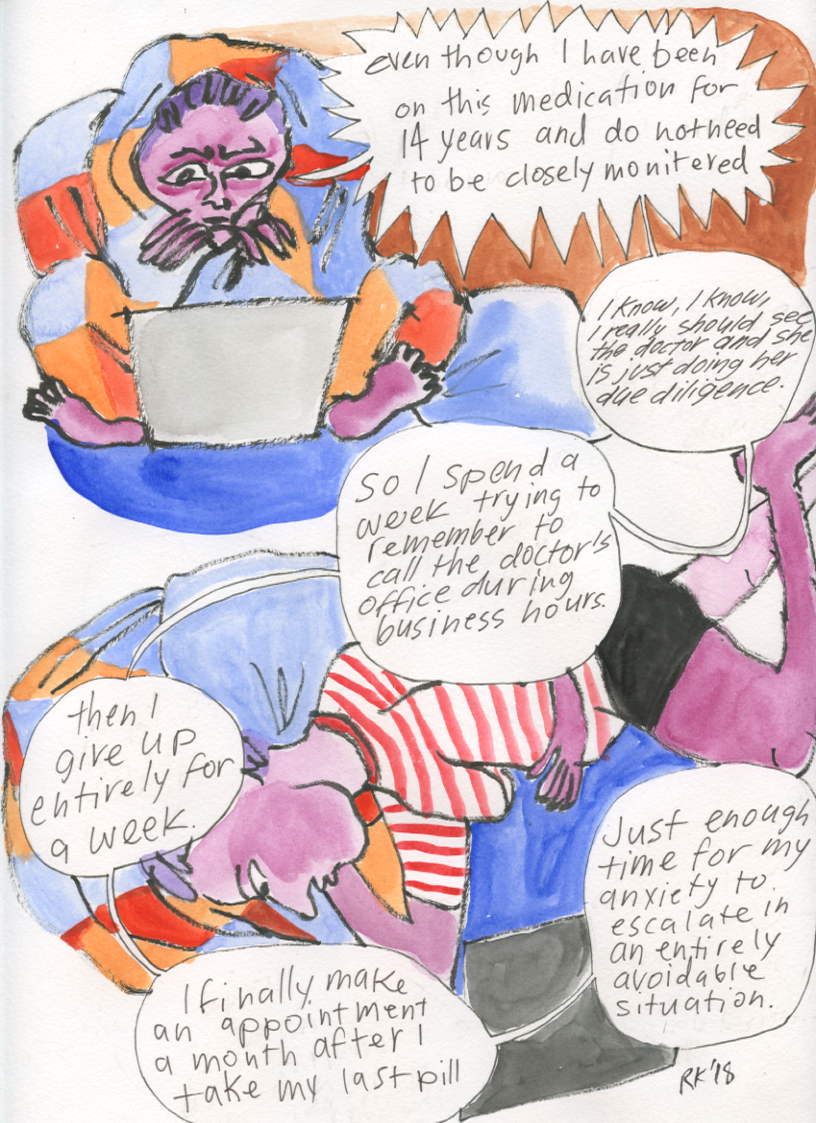

The views and opinions expressed in this article are the author’s own and do not necessarily reflect those of Lilith Magazine.
- No Comments
April 27, 2018 by Aileen Jacobson
What Is a Feminist Audience to Make of Albee’s Anti-Semitic Matron?
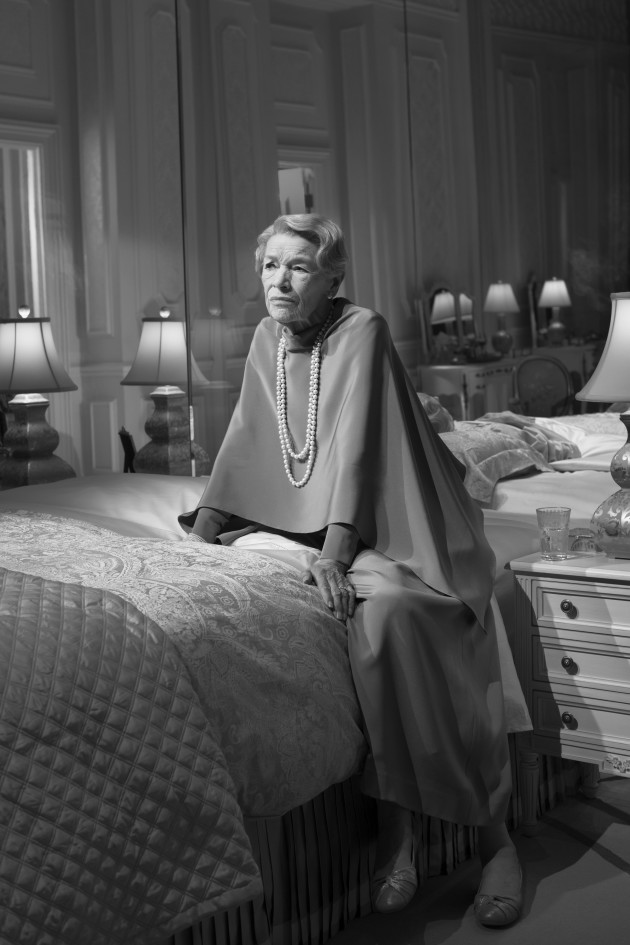
Glenda Jackson in Edward Albee’s Three Tall Women, directed by Joe Mantello, at the Golden Theatre. Photo credit: Brigitte Lacombe.
Edward Albee often said that he modeled the main character in “Three Tall Women” on his adoptive mother, from whom he was estranged and about whom he never had anything good to say.
If it’s a revenge play, as some people have speculated, then he failed, though he presents the old woman with all her failings, including an anti-Semitic (and racist) streak. But the two-act drama now at the Golden Theater on Broadway is far more nuanced than that.
First of all, it is a terrific play and a terrific production, often bitterly funny about the indignities of aging. (I don’t recall laughing much, or hearing much laughter, during its 1994 Off-Broadway debut.)
The play is also, it turns out, far more forgiving and understanding about the flinty, demanding and frequently imperious central character played by Glenda Jackson than the playwright perhaps intended. Or, more likely, he did intend, as he explored the reasons for his mother’s extreme discontent, to come to terms with how she treated him. And to allow audience members to come to their own conclusions.
- No Comments
April 25, 2018 by Joanna Chen
Bar Ilan’s Speaker Line-Up for a Major Conference is All Women
 When was the last time you attended a conference––or even heard about one––in which all the speakers were female and yet the conference was not about feminism, gender studies or female empowerment?
When was the last time you attended a conference––or even heard about one––in which all the speakers were female and yet the conference was not about feminism, gender studies or female empowerment?
I asked myself this very question last week while looking over Bar Ilan University’s all-female speaker lineup for their upcoming conference next month titled Ink, Inc: History, Community and Text. No, this is not a “women’s conference,” nor is it a conference to bolster women’s voices or promote feminism. It’s a literary conference on how the past and present is traversed through writing, and the presenters are of Alicia Ostriker, Ilana Kurshan, Erika Meitner, Rachel Kadish and Deborah Lipstadt.
- No Comments
April 24, 2018 by Tamara Fish and Eric Greene
The Second National Jews of Color Convening: Building a JOC Leadership Corps
Once upon a time—maybe when many of us were growing up—Jewish leadership was overwhelmingly male. And almost entirely white. Well, the times they have a’ changed, at least somewhat. Increasingly women, all the while battling issues of pay equity, sexual harassment and more, have come into their own as communal leaders, taking their places as rabbis, authors, politicians, non-profit directors, business executives and more. Women have changed not only the face, but also the heart of the Jewish community for the better. When it comes to gender balance, there has been progress even as parity remains elusive.
Then there is that troubling matter of racial representation. Despite the growing recognition of the presence of African American, Asian, Latino, Mizrachi, and other Jews of Color (JOC), and the increasing visibility of a handful of Jewish leaders of color (mostly women), the leadership ranks of Jewish institutions do not reflect the diversity of the community.
- No Comments
April 23, 2018 by Eleanor J. Bader
Meet the Feminist Rabbi Confronting Portland’s “Alt-Right” in the Streets
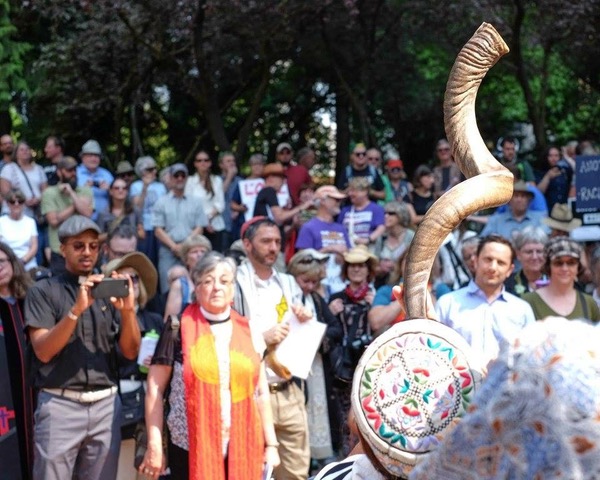
Rabbi Ariel Stone sounds the shofar at a gathering of the Portland Interfaith Clergy Resistance last August.
Despite its reputation as an environmentally conscious, progressive Mecca, in actual fact, the Pacific Northwest has a sordid racial history.
For example, from 1857 to 1927, there was a prohibition on African Americans entering Oregon, and while the policy was reportedly inconsistently enforced, the fact that it was included in the state Bill of Rights sent a clear message to would-be settlers of color. Not surprisingly, Portland remains the whitest big city in the U.S. of A.
For some Oregonians, this is exactly as it should be, and they are mobilizing supporters of a racist, sexist, homophobic and anti-Semitic worldview. The goal? To build all-white ethno-settlements in Idaho, Oregon, Washington state, and western Montana.
Their groups include True Cascadia, which bills itself as “white, proud, and unapologetic.” Supporters have postered numerous areas of the “beaver state,” and declared their intention of “securing the existence of our people and a future for white children.”
And they’re not all talk. In May 2017, 35-year-old white supremacist Jeremy Christian fatally stabbed two men who were defending a pair of girls against racist and anti-Muslim taunts aboard a Portland MAX train.
This is, of course, horrifying. But as you’d expect, many people on Oregon and throughout the Pacific Northwest oppose the alt-right and numerous anti-racist groups which have formed, among them, The Cascadian Coalition Against Hate, Cascadian Anti-White Supremacy, and the Portland Interfaith Clergy Resistance.
Rabbi Ariel Stone of Portland’s Congregation Shir Tikvah is the convener of the Clergy Resistance. She recently spoke to Eleanor J. Bader about the political climate in Oregon, the work of the Clergy Resistance, and the challenges of organizing in Trumpian times.
- 2 Comments
April 20, 2018 by Sharrona Pearl
It’s (Past) Time for the Gun Conversation
We’ve never had The Gun Conversation with our kids.
Not because we don’t have strong feelings about guns. (We do.) Not because we don’t think it is important for our kids to know what to do if they see a gun, loaded or unloaded, in someone’s hand or not. (We definitely do.) Not because we think they are too young or too delicate to encounter the realities of what guns can do and have done. (They aren’t too young to be shot.)
We’ve never had The Gun Conversation with our kids because we didn’t quite realize that we had to.
- No Comments
April 19, 2018 by Yona Zeldis McDonough
The Holocaust and the Dot Com Boom Intertwine in This New Novel
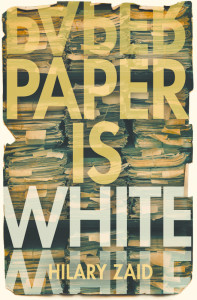 As Ellen Margolis and her fiancé Francine beat their own early path toward marriage equality, Ellen falls into a clandestine entanglement with a wily survivor of the Kaunas Ghetto and a secret search for buried history that very well may disrupt her wedding plans.
As Ellen Margolis and her fiancé Francine beat their own early path toward marriage equality, Ellen falls into a clandestine entanglement with a wily survivor of the Kaunas Ghetto and a secret search for buried history that very well may disrupt her wedding plans.
Set in ebullient, 1990s dot-com-era San Francisco, Paper Is White is a novel about the gravitational pull of the past and how it directs and transforms the present.
Zaid, whose story “Even in Dreams, She Leaves Me Every Time” appeared in the Winter 2013-2014 issue of Lilith, talks to Lilith’s Fiction Editor Yona Zeldis McDonough about her nuanced and tender debut.
- No Comments
April 18, 2018 by Rebecca Halff
There Are No Queer Chassidic Jews; Or, Why Shterna Goldbloom Is Photographing Them
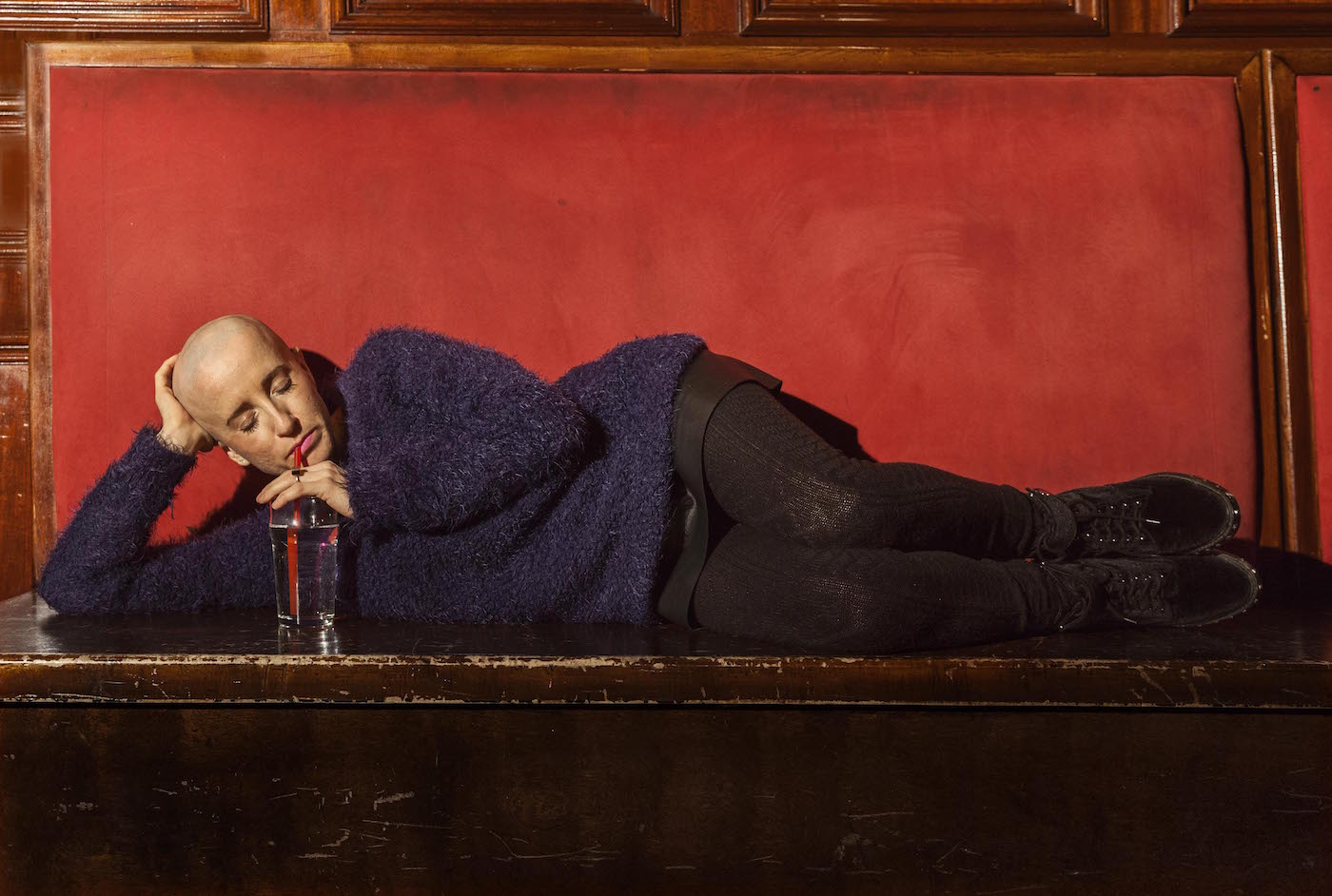 “I want to show that there are so many ways to be a person,” says artist Shterna Goldbloom about her photography, which centers queer Jewish identities and challenges notions of what it means to be either and both. Goldbloom’s photographs, many of them self-portraits, as in her series Sitra Achra (“other side”), explore Jewish queerness with a double consciousness that reveals her history. Raised in Chicago’s Hasidic community, Goldbloom left that world at age sixteen, after her parents divorced and her mother came out as queer. “I was such a good student, everybody thought I would marry a rabbi. And I thought that too,” says Goldbloom about life before her family’s ostracization by their close-knit community.
“I want to show that there are so many ways to be a person,” says artist Shterna Goldbloom about her photography, which centers queer Jewish identities and challenges notions of what it means to be either and both. Goldbloom’s photographs, many of them self-portraits, as in her series Sitra Achra (“other side”), explore Jewish queerness with a double consciousness that reveals her history. Raised in Chicago’s Hasidic community, Goldbloom left that world at age sixteen, after her parents divorced and her mother came out as queer. “I was such a good student, everybody thought I would marry a rabbi. And I thought that too,” says Goldbloom about life before her family’s ostracization by their close-knit community.
Now, as a queer-identified Jewish woman who lives outside the bounds of the ultra-Orthodox world, Goldbloom makes intensely personal art that asks the age-old Jewish question: How do we exist in exile? Disconnected from the community through which we learned ritual, tradition, and meaning, how do we experience spirituality and connectedness? When one’s identity implies the rejection of certain aspects of Orthodox life, how can we keep what speaks to us, even if those pieces do not seamlessly fit into our new lives? How can queer Jews do Judaism without throwing away the entire rule book?
- 3 Comments
April 17, 2018 by Liel Huppert
“I Wouldn’t Trade My Special Needs for Anything”
Freedom does not only have meaning in the context of slavery. Freedom can be many other things, and I’m not saying any of those things are better or worse than the others. To me, though, freedom means being able to go out and be accepted for who you are. Since I am a special-needs person, I wasn’t always accepted everywhere I went, and sometimes I’m still not.
I have autism, ADHD, anxiety, depression, and bipolar 2 disorder.
At my old school, no one really had patience or understood me. I got bullied for things I couldn’t control. I used to rock back and forth so much that people kept looking at me weirdly. All the time, I didn’t understand things that other people normally would, so I asked a lot of questions. You can probably guess that my favorite question was the one that everyone loves, “Why?”
- No Comments
 Please wait...
Please wait...